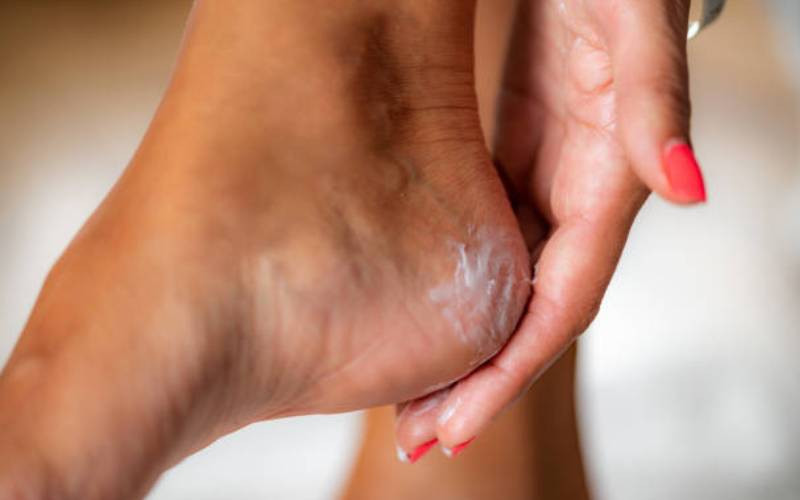
Just when you thought that you left your pimply faced self in your teenage years, you wake up to the same in your adulthood. Adult acne may not be as intense as teenage acne, but it is just as distressing.
Acne occurs when the sebaceous glands generate excess sebum (sebum is an oily substance that's naturally produced by the skin to keep it moist). When the sebum blocks the skin's hair follicles it becomes inflamed, resulting in pus-filled pimples.
Sheila Ndinda is a woman in her mid-20s and her formerly flawless face flared mid last year. "For months I struggled with my skin before I decided to see a dermatologist. I had huge pimples all over but mostly on my cheeks. Apparently I had a hormonal imbalance. The dermatologist prescribed two types of pills that I take every day. One of them is a birth control pill. They are supposed to help balance out my hormones. My skin has been improving on a daily basis...it's not where I want it to be yet because I have to work on the scarring but it's getting there," she explains.
Adult acne is caused by a variety of factors;
1. Hormones. Hormonal fluctuation in women is a big cause of adult acne. Pregnancy, the menstrual cycle and menopause cause hormone variations, and androgens such as testosterone are the main culprits. Testosterone promotes higher sebum production. Women who suffer from PCOS (polycystic ovarian syndrome) are at a higher risk of getting adult acne.
2. Diet. Foods high in sugar are not good for your skin. They spike your insulin levels which in turn triggers a surge in testosterone. Sometimes your skin may react to some foods you eat by an acne flare up. Some people are unknowingly lactose intolerant and this could be the cause of their flare ups.
3. Environment. Highly polluted environments can lead to excess dirt clogging your skin pores leading to a breakout. This is why skin doctors encourage a good cleansing of the skin before you retire to bed.
4. Stress. When you are stressed out, your body responds by producing cortisol. In the process, some testosterone is produced too, activating excess sebum production. So when you are going through a tough time, your face can break out but will usually calm down when your life is back in balance.
If you have acne, your best course of treatment is to visit a dermatologist as soon as possible. This is to minimize any residual scarring and to identify the cause of the acne and embark on a treatment option right away. Any non-prescription skin product you use on acne prone skin should best contain salicylic acid and benzoyl peroxide. Benzoyl peroxide destroys any bacteria clogging the follicle while salicylic acid helps unclog pores.
 The Standard Group Plc is a multi-media organization with investments in media platforms spanning newspaper print
operations, television, radio broadcasting, digital and online services. The Standard Group is recognized as a
leading multi-media house in Kenya with a key influence in matters of national and international interest.
The Standard Group Plc is a multi-media organization with investments in media platforms spanning newspaper print
operations, television, radio broadcasting, digital and online services. The Standard Group is recognized as a
leading multi-media house in Kenya with a key influence in matters of national and international interest.



